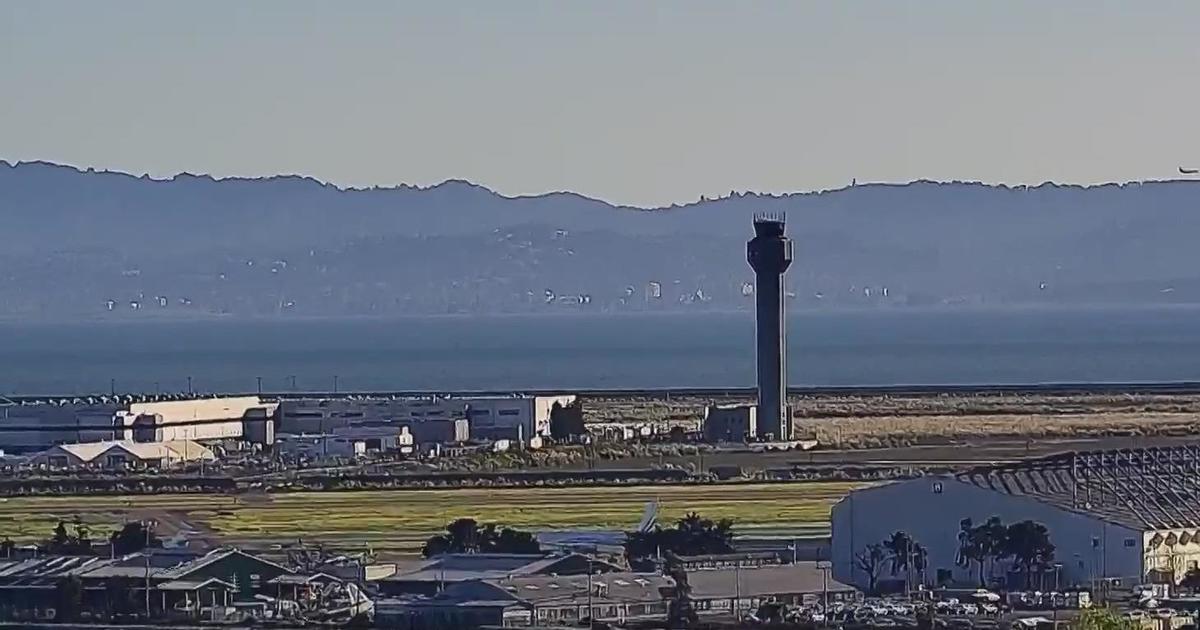Bayer Submits $2B Settlement To San Francisco Federal Court Over Roundup Weed Killer Claims
SAN FRANCISCO (BCN) – Bayer AG has reached a settlement to resolve many current and anticipated future claims against its agrochemical subsidiary Monsanto Company arising from its Roundup weed killer, alleged to cause non-Hodgkin lymphoma (NHL).
The settlement, announced Wednesday, was submitted to the U.S. District Court in San Francisco and is subject to approval of U.S. District Court Judge Vince Chhabria, who has presided over federal multi-district litigation involving hundreds of Roundup suits.
The settlement of the putative class action suit, if approved, will create a fund of up to $2 billion to be used to compensate class members over the next four years who have, or develop NHL, as a result of their exposure to Roundup herbicide. Compensation will be provided to qualifying class members at varying levels from $5,000 to $200,000.
The fund will also be used for a number of related matters, including an NHL testing program, legal assistance to class members in navigating the claim process, a medical research program, and an outreach effort to inform class members about the settlement. The fund will also cover legal fees for attorneys and class representatives, subject to court approval.
Lead counsel for the plaintiffs is San Francisco litigator Elizabeth Cabraser, a partner at the law firm Lieff Cabraser Heimann & Bernstein, LLP. In a release, she stated, "We are proud to have achieved such a comprehensive settlement for our clients and the thousands of others who will benefit."
Monsanto's Roundup, a widely distributed glyphosate-based herbicide, is used in gardening, lawn maintenance and landscaping. Plaintiffs allege that Roundup is a carcinogen and can cause NHL.
Monsanto has denied those allegations.
Bayer acquired Monsanto in 2018 for $63 billion and has since found itself mired in litigation.
Tens of thousands of personal injury claims have been filed against Monsanto in state and federal courts.
There have been several multi-million dollar verdicts against Monsanto, including three in the Bay Area.
Alva Pilliod, 78, and Alberta Pilliod, 75, of Livermore, were awarded $2 billion in Alameda County Superior Court, later reduced by trial judge Winifred Smith to $86.7 million.
Edwin Hardeman, 71, of Santa Rosa, was awarded $80 million in federal court in San Francisco, later reduced by Judge Chhabria to $25 million.
Dewayne Johnson, 48, of Vallejo, a groundskeeper for the Benicia Unified School District, won a $289 million award, including $250 million in punitive damages, subsequently reduced by trial judge Suzanne Bolanos to $78.5 million and later further reduced to $20.4 million on appeal.
The safety of glyphosate has divided government agencies.
In 2015, the International Agency for Research on Cancer, an arm of the World Health Organization, classified glyphosate as "probably carcinogenic to humans," while the U.S. Environmental Protection Agency has concluded that glyphosate, is not a carcinogen.
The settlement announced Wednesday is not the first encounter for Monsanto and the plaintiffs.
After nearly a year of negotiation under the supervision of court-appointed mediator Kenneth R. Feinberg, a tentative settlement was reached and presented to the court last June.
That settlement contemplated that an independent science panel would be appointed and would make a determination of key medical/scientific issues around the harmfulness of Roundup and that "issue determination" would bind the parties, including all class members, in the future.
When the settlement was presented, Chhabria expressed concern about the legality of a binding issue determination as well as other issues. The judge found that it would be difficult to give class members meaningful notice of the settlement who had been exposed to Roundup but had not yet developed NHL.
The judge said that he was tentatively inclined to decline approval.
The parties subsequently withdrew that settlement and went back to the drawing board.
According to the motion to approve the new settlement, the process involved "intense" negotiations involving "dozens and dozens of virtual meetings, countless drafts of settlement documents and memoranda, status reports to the mediator, and direct input on settlement terms from the expert vendors proposed to administer the programs, as well as other consulting experts related to science and medicine."
The reworked settlement is characterized by the parties as addressing the court's concern about a binding issue determination and instead providing a structure that is "completely optional" for class members. According to the filing, a class member does not have to decide whether to participate in the fund or accept the amount offered until after they have developed NHL and if they decide not to participate they maintain their right to sue.
While a science panel will be appointed to assess medical evidence and its reports that will be admissible in any future trial, its conclusions will be solely advisory, according to the filing.
If approved by the court, one provision of the settlement will bind all class members -- the right to claim punitive damages will be eliminated.
No date for a hearing on the proposed settlement has yet been scheduled.
© Copyright 2021 CBS Broadcasting Inc. and Bay City News Service. All Rights Reserved. This material may not be published, broadcast, rewritten or redistributed.



